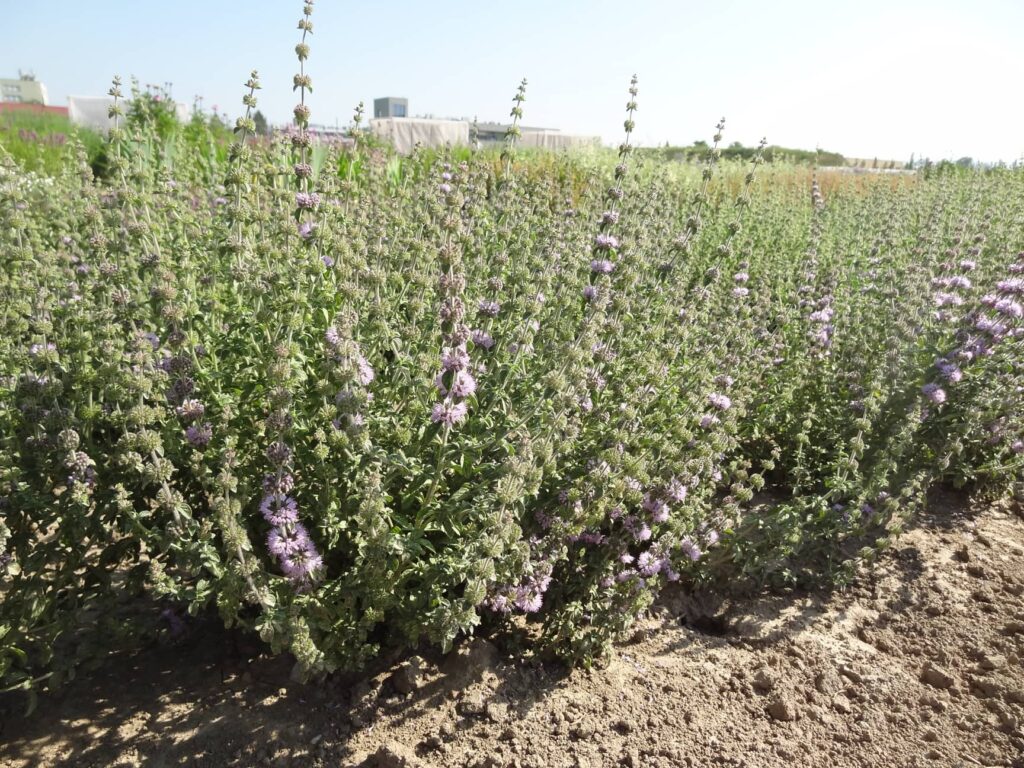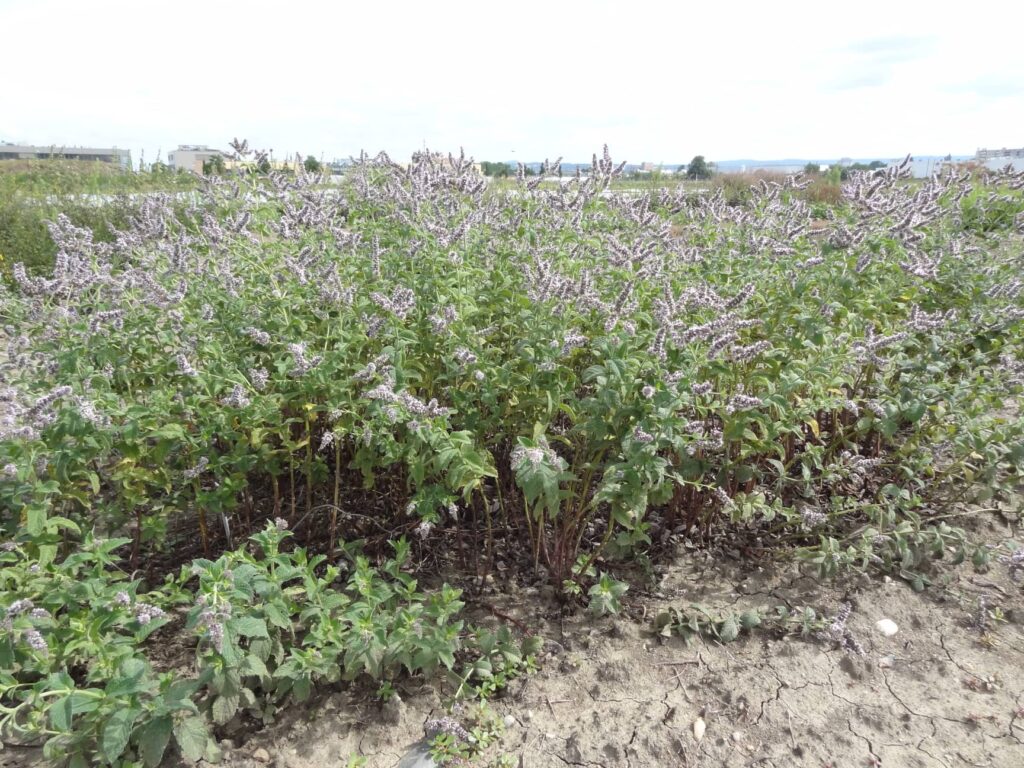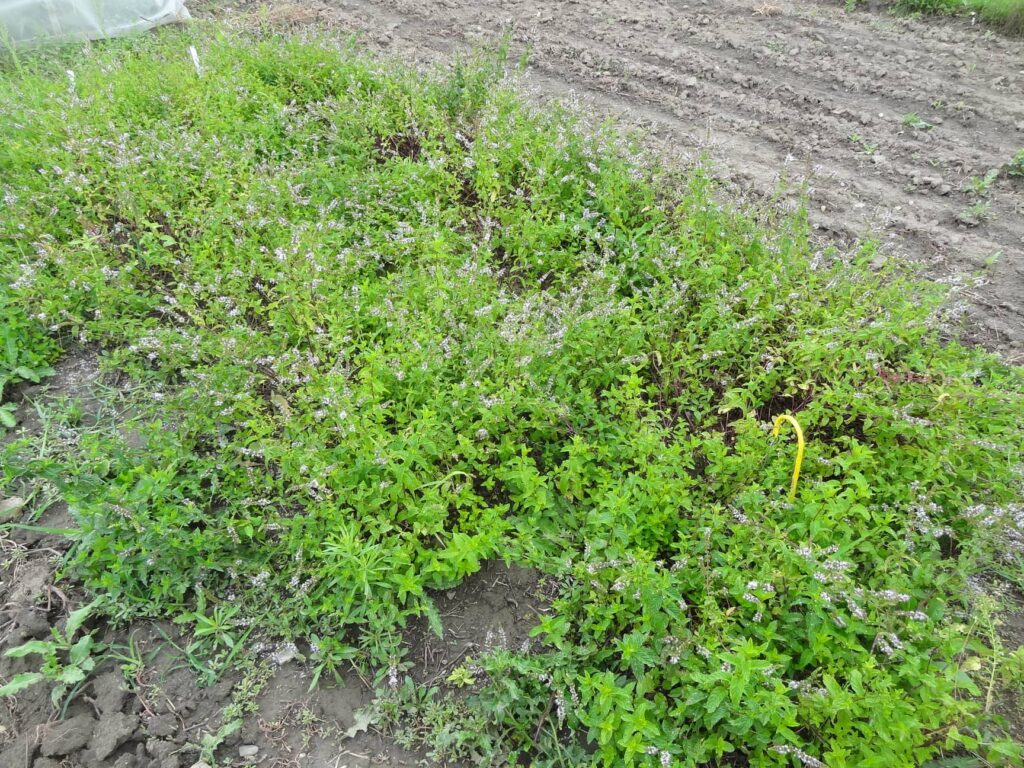First study of its kind demonstrates activity of certain plant essential oils against the novel coronavirus
Essential oils of some plant species of the Lamiaceae family show notable antiviral activity against SARS-CoV-2. This is according to a study published in Frontiers in Pharmacology by authors from CATRIN at Palacký University. The findings could be used in the future to combat this type of coronavirus.
“Our study represents the first ever report of in vitro analyses of the activity of 19 different essential oils and their monoterpene components from plant species of the Lamiaceae family against SARS-CoV-2, which caused the worldwide pandemic. Our analyses showed that essential oils from different species of the genus Mentha and their monoterpene constituents, carvone, carvacrol, pulegone, menthofuran and 1,8-cineol, exhibited notable antiviral activity against SARS-Cov-2,” said the first author of the paper Sanja Ćavar Zeljković from CATRIN-CRH, who also works at the Olomouc site of the Crop Research Institute.
She has been working on the phytochemistry of medicinal and aromatic plants for a long time. This time, however, the plant research experts joined forces with colleagues from CATRIN-IMTM, from whom the idea to test plant extracts, specifically wormwood (Artemisia annua), in the context of a new type of coronavirus originated. Eventually, the scientists expanded the number of plants to be monitored, thanks to the possibility of using the gene bank of the Crop Research Institute. They also went back to plant species they had been monitoring recently – mostly plants from the Mentha (mint) genus. The researchers eventually obtained 19 essential oils by hydrodistillation of dried plant material and determined their monoterpene profiles. Monoterpenes are used in food, cosmetics and pharmaceuticals for their aroma, however their anti-cancer and antibacterial properties also make them bioactive compounds.



“The results obtained provide very important information on the antiviral activity of selected essential oils and their constituents, which could be used in anti-SARS-CoV-2 measures. These essential oils are used in the pharmaceutical industry as topical antivirals and their use could be extended to COVID-19 therapy,” explained Ćavar Zeljković.
It took about six months to complete all the experiments. Researchers from both CATRIN units will continue to collaborate on this matter. “Colleagues from CATRIN-IMTM also tested essential oils for their anti-cancer effects. In addition, we are planning to use different extracts from cannabis to investigate their biological activities against other diseases. We will also involve our students in this research,” the scientist concluded.
Pandemic COVID-19 was declared by the World Health Organization (WHO) in 2020. Since then, the scientific community and health organizations have been focusing on developing effective prophylactic and therapeutic measures. Strategies to develop new antiviral drug candidates against SARS-CoV-2 have included both novel synthetic compounds as well as natural products.

